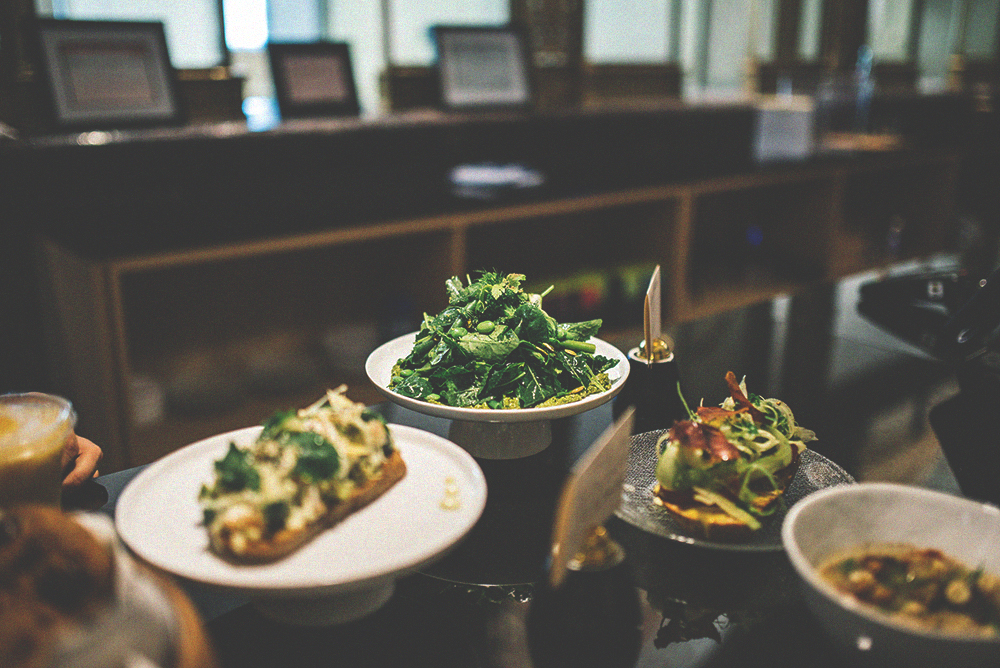We are all creatures of habit once we settle into a routine, but how often are you stopping to ask yourself: “Have I taken healthy eating too far?” Consider another way to think about food with this reminder from nutrition Expert Marissa Puleo.
Everyone talks about food. Sometimes in my family, when we eat a meal, we are already planning the next one out of pure excitement. Food brings people together and to most, it’s nothing short of the best parts of the day.
Every day, you may have a thousand little thoughts about what, where, and when to eat.
To an extent, this is fine.
But when one is constantly researching, planning, and scrolling through all the amazing pictures of food all day on Instagram, there comes to a point where perhaps food is being thought about too much.
How do you know if you’ve crossed the line?
The answer lies within the duration, frequency, and how much it’s impacting your life negatively, with the latter being the most significant.
Good health obviously stems from some attention and thought to your food choices, and will always require some effort. The exception to this is when it begins to take up your entire day’s attention and requires you to sacrifice your work, relationships, and overall life. For example, if you are grocery shopping every night rather than having a social life because of a rigid need to feel in complete control of what you are eating, you likely have disordered eating.
Unsure about where you are on this spectrum?
Consider looking at your “facts, not feelings.”
For example, a fact is when you eat a burger, as opposed to a feeling that you ate poorly by eating that burger. The latter is simply your own judgment and emotion, not a fact. It is not helpful or constructive to beat yourself up over the way you ate, because it will lead to more debilitating obsessions with food in the long run.
The more you start thinking about food factually and less emotionally, the more positive of a food relationship you will likely have. Start by dissociating food with feelings, and replace with a recognition of hunger and fullness.
I think it’s safe to say we all have some kind of weird within us. Because really…
What is normal?
Everyone has their own idea of it. So, if you’re in doubt whether your behaviors have crossed the line, know that it’s always better to ask. Ask and be told you live within normal limits, rather than to live with an untreated eating disorder that can eventually get worse. Early detection is key to keep both your body and mind as healthy as can be.
Adapted from the original article.
HEADER IMAGE: JADE WULFRAAT
Marissa Puleo, RDN, LDN is a private practice Registered Dietitian based in Scranton, PA helping people find the balance between healthy and happy. As a ‘food peace promoter’, Marissa specializes in helping those with food struggles and disordered eating in learning how to enjoy food while leaving guilt and self criticisms behind. Connect with Marissa at Thrive Nutrition.

